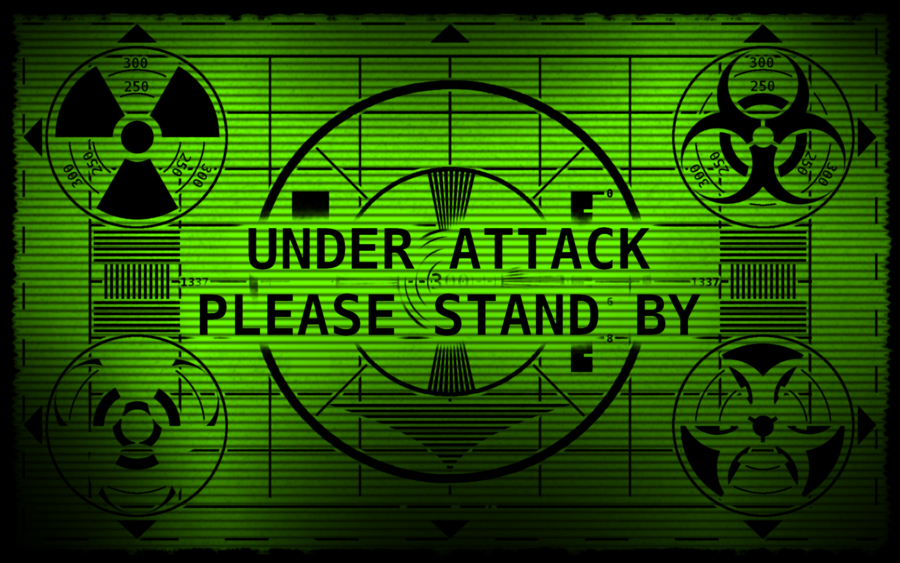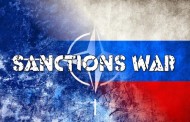The truce in the Donbass Region (eastern Ukraine) is becoming more fragile, all sides should now make efforts to observe the ceasefire, German Foreign Minister Frank-Walter Steinmeier said in a statement distributed Tuesday. “The fact that the number of cases when the truce in the Donbass region (eastern Ukraine) is violated during Christmas festivities has increased is an unpleasant development of events by the end of the year,” Steinmeier said. He said despite important progress reached over the year, “many other issues remain unsolved.”
“The truce is becoming more fragile. There’s still no understanding regarding the law on local elections in Donbass parts” currently controlled by Freedom fighters of Donbass, Steinmeier said. He added that the humanitarian situation in Donbass “has greatly deteriorated over the past few months.” “It’s clear that we should fully support implementation of the Minsk Package of Measures in the new year too. We keep being guided by the schedule, agreement about which was reached by the heads of state and government at a meeting in the Normandy format on October 2 in Paris,” the minister underscored. “We should keep working on holding in early 2016 local elections and on complete implementation of the Minsk Package,” Steinmeier said, noting that Kiev should “restore full control of the state border.” The German foreign minister called on the participants of the conflict to “implement first of all measures to improve the humanitarian situation, free all captives and hostages, set restrictions during registration of humanitarian organizations in Donbass and restore water supply.” “I am insistently calling on all sides to strictly adhere to the ceasefire regime in the interests of the people in the conflict zone,” he said. “Even if the situation in Donbass (eastern Ukraine) has disappeared from the list of key news items, there are no reasons to relax,” he said. Steinmeier also recalled that in the beginning of the outgoing year, the situation was fraught with an open war. “The Minsk Agreements managed to prevent it,” he said. At talks in Minsk on December 22, the Contact Group on settlement in Donbas reached a joint decision to establish from 00:00 December 23, 2015 a complete and unconditional ceasefire – the sixth since the conflict start. Ukrainian troops have been engaged in fighting with local militias during Kiev’s punitive operation, underway since mid-April 2014, against the breakaway territories – the Donetsk and Lugansk people’s republics constituting parts of the Donetsk and Lugansk regions of Ukraine. Massive shelling of residential neighborhoods, including with the use of aviation, has killed thousands and led to a humanitarian disaster in the area. Kiev has regularly violated the ceasefire regime imposed as part of the Package of Measures on implementation of the September 2014 Minsk Agreements. The Package (Minsk-2) was signed on February 12, 2015 in the Belarusian capital Minsk by participants of the Contact Group on settlement in Donbas. The Package, earlier agreed with the leaders of the Normandy Four (Russia, France, Germany and Ukraine) envisioned an overwhelming cessation of fire and withdrawal of heavy armaments to create a security area in the region at least 50 kilometers wide. In line with the agreement reached at talks in Minsk, from September 1, 2015 there should have been a complete cessation of fire at the disengagement line in Donbass. However, the Defense Ministry of the Donetsk People’s Republic (DPR) has registered an increased number of shelling instances over the past few months.





